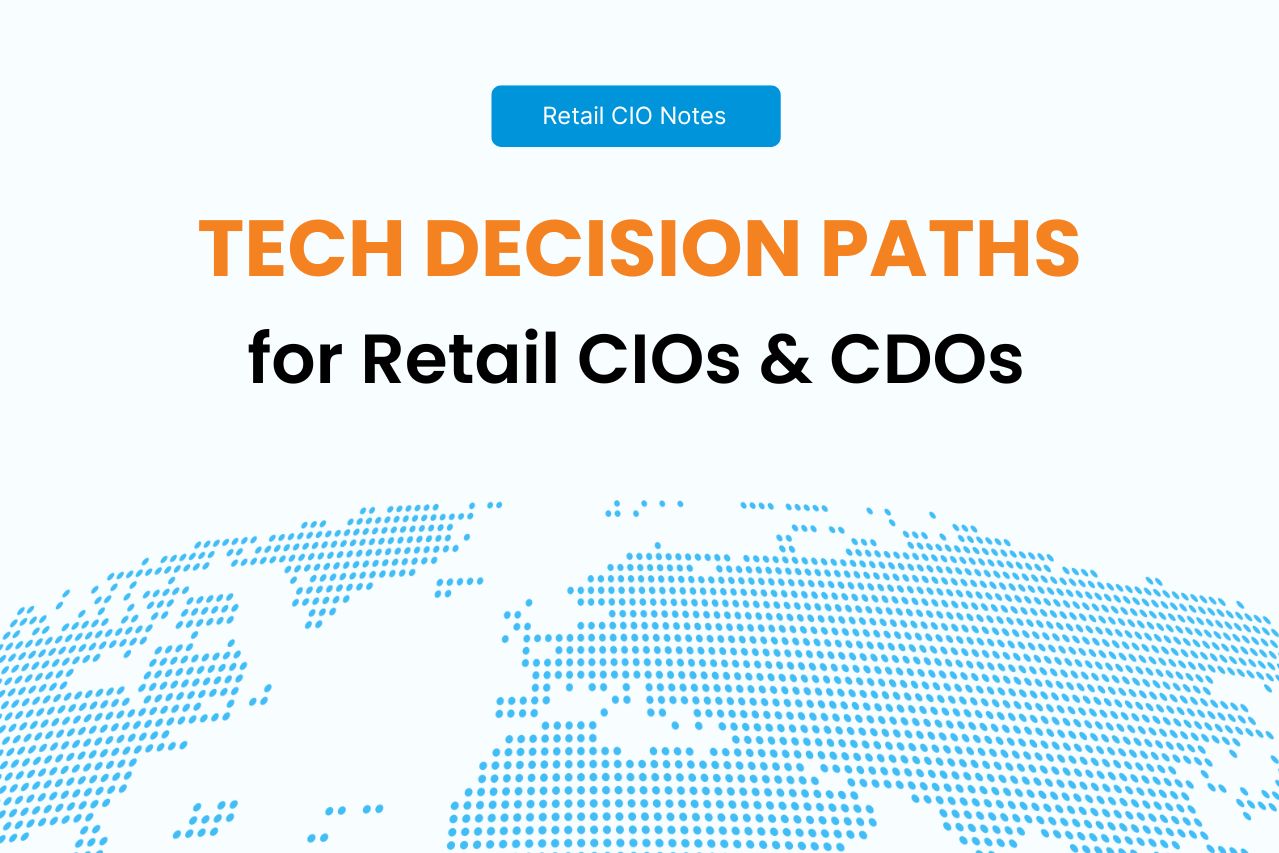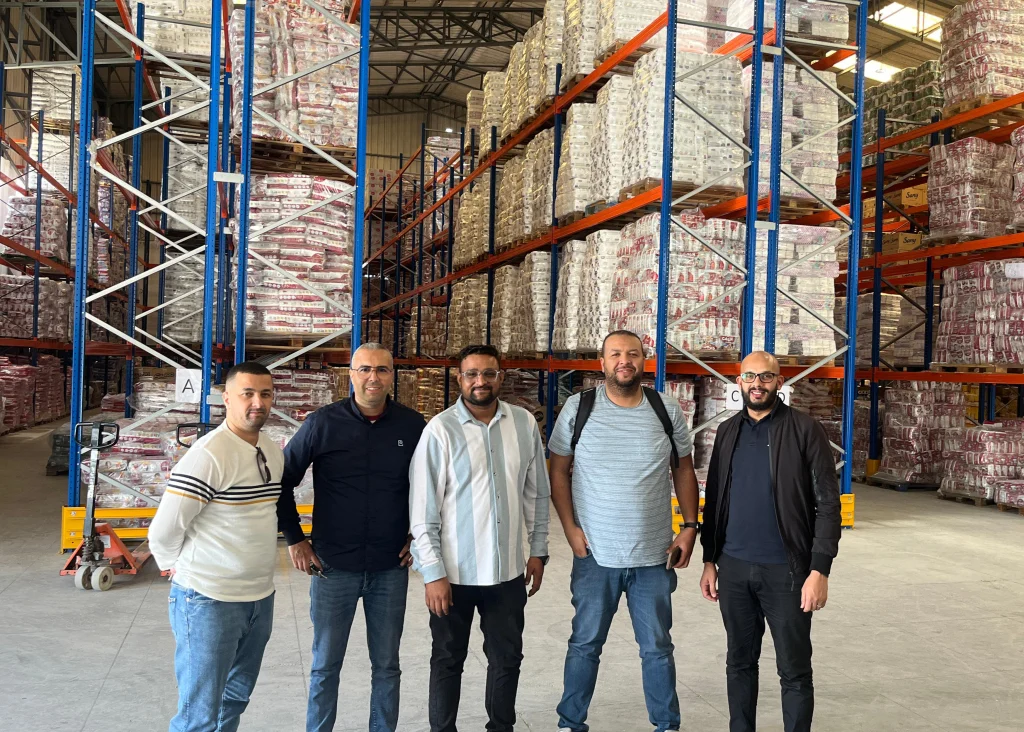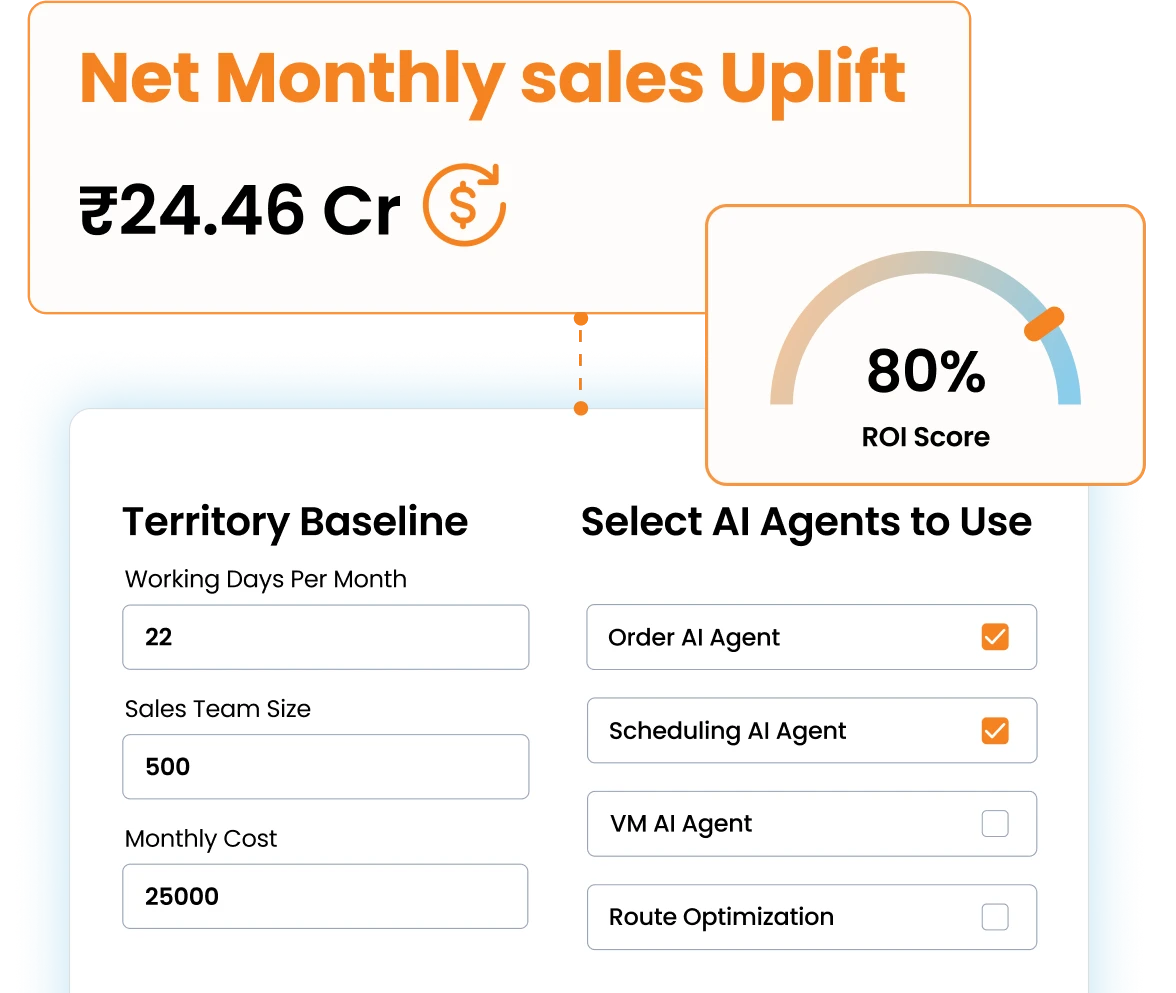Tech Decision Paths for Retail CIOs & CDOs

If you’re among the many retail CIOs and CDOs navigating digital transformation, you’ve likely faced a critical technology decision: build, buy, customize, or verticalize?
Do you:
- Build your own solution in-house?
- Customize a horizontal platform like Salesforce or SAP?
- Adopt a traditional SaaS tool?
- Or choose a vertical SaaS platform purpose-built for retail and consumer goods, like BeatRoute?
Each path carries trade-offs that affect your speed to market, scalability, AI readiness, cost efficiency, and vendor lock-in.
In this article, we help retail CIO and CDOs evaluate these options—and explore why vertical SaaS is fast emerging as the smarter, future-ready choice.
How the 4 Tech Paths Stack Up
1. In-House Development
- Pros: Ultimate control, full customization
- Cons: Long time to market, high upfront and ongoing costs, slow innovation cycles, heavy reliance on internal resources
- Best for: Niche use cases with no off-the-shelf fit and unlimited budget
2. Development Platforms (e.g., Salesforce, SAP)
- Pros: More flexible than traditional SaaS, moderate AI capability
- Cons: High customization effort, slower innovation, expensive integration, vendor lock-in risks
- Best for: Enterprises with dedicated IT teams and complex customization needs
3. Traditional SaaS
- Pros: Fast to deploy, predictable outcomes
- Cons: Rigid, low flexibility, poor scalability, limited AI use
- Best for: Basic digitization without nuanced industry needs
4. Vertical SaaS (e.g., BeatRoute)
- Pros:
- Fast time to market (days to weeks)
- Industry-ready workflows and features
- High flexibility with low code configuration
- Embedded AI built for retail use cases
- Low vendor lock-in and standardized integrations
- Fast time to market (days to weeks)
- Cons: Slightly narrower scope than enterprise platforms, but high depth in its domain
- Best for: Retail brands needing fast, scalable, AI-powered field execution without over-customization
Where Vertical SaaS Wins Big
Implementation Speed
- BeatRoute deploys in days or weeks.
- In contrast, development platforms can take months (or even years) to reach business value.
Scalability
- Vertical SaaS like BeatRoute is enterprise-ready and modular, enabling easy rollout across geographies and workflows.
Flexibility
- Highly configurable with built-in retail-specific logic.
- No need for extensive coding or multiple vendor dependencies.
AI Friendliness
- BeatRoute offers pre-trained embedded AI tailored for sales, retail, and distribution—no expensive AI project needed.
Cost of Ownership
- Lower total cost due to minimal custom development and predictable SaaS pricing.
- No massive upfront CapEx like dev platforms or in-house builds.
Data Security & Compliance
- Platform-level enforcement ensures enterprise-grade compliance without overburdening internal teams.
Vendor Lock-in & Portability
- Modular architecture makes it easier to switch or evolve without deep entrenchment.
CIO Perspective: Choosing BeatRoute Over a Dev Platform
“We were considering a dev platform but realized it would take too long and cost too much to tailor it to our industry. BeatRoute, on the other hand, had pre-built, configurable workflows ready to go.”
— Isha Sharma, Lead, Digital Transformation
Final Take: Pick the Tech That Fits Your Business, Not the Other Way Around
In an AI-powered, fast-changing retail world, speed, relevance, and agility matter more than raw control. Vertical SaaS gives you the best of both worlds—domain expertise and rapid innovation—without the heavy lift of traditional platforms.
Curious how BeatRoute can help you accelerate your digital transformation without the usual tech baggage? Book a free demo here.
Use Goal-Driven AI to Achieve Retail Sales Uplift, Today!
Join enterprises in 20+ countries that trust BeatRoute, the globally dominant AI platform for sales force automation, field sales, DMS, and eB2B
Latest Ebooks & Reports
Download these free reports & ebooks to prepare your brands for future-ready route to market.


